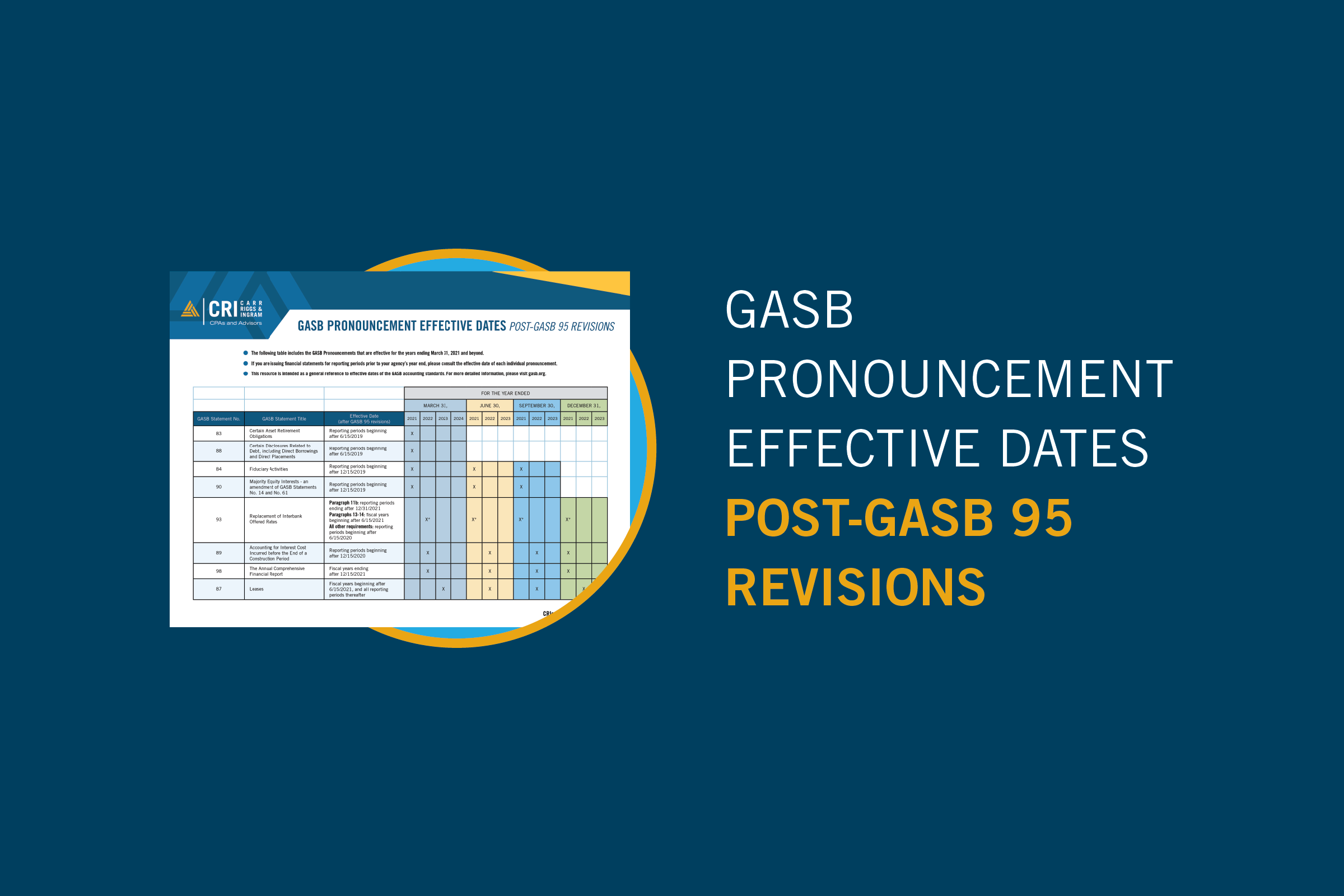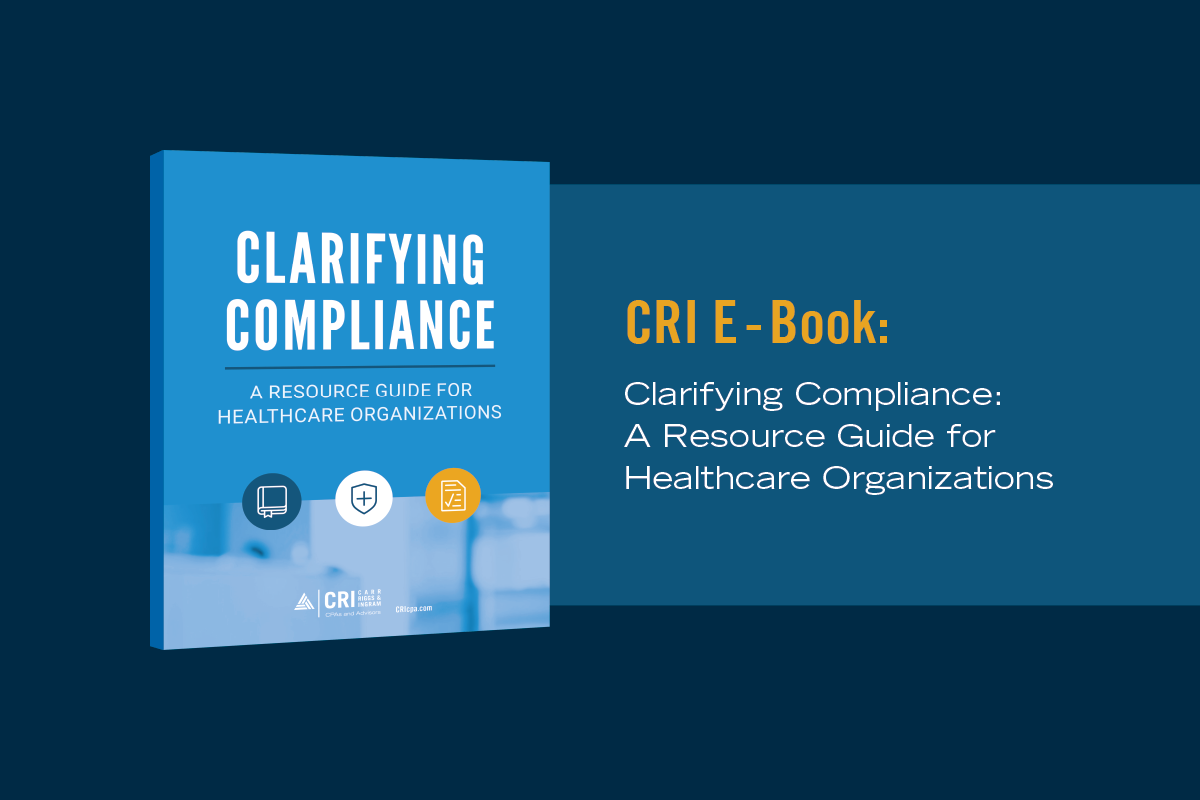How Important is Compliance with Government Regulations to a Firm’s Accounting System?
Sep 19, 2020
For firms that want to do business with the Federal Government, it is a good idea to set up their cost accounting to be compliant with federal regulations from the start. The specific need for a compliant accounting system depends on the contractor’s circumstances and contract types. If a firm has or is contemplating bidding for cost reimbursable (CR) contracts, it will be required to have an accounting system approved by a government agency – such as the Defense Contract Audit Agency (DCAA). The consequence for not having an approved accounting system can be severe, such as the government withholding award of a CR type contract or withholding payment under a CR contract.
The applicable government regulation in the Department of Defense Federal Acquisition Regulation (DFARS) 252.242-7006 (a) (1) & (2) defines “accounting system” as:
“Contractor’s system or systems for accounting methods, procedures, and controls established to gather, record, classify, analyze, summarize, interpret, and present accurate and timely financial data for reporting in compliance with applicable laws, regulations, and management decisions.”
The DFARS defines an Acceptable Accounting System as:
“a system that complies with the system criteria in *paragraph (c) of this clause to provide reasonable assurance that—
- applicable laws and regulations are complied with;
- risk of misallocations and mischarges are minimized; and
- contract allocations and charges are consistent with billing procedures.”
The term “accounting system” does not refer to the software you use to perform the accounting function. Even though many software companies claim their software is “DCAA compliant”, no software alone can guarantee DCAA will approve your accounting system. Your accounting system is inclusive of your policies, practices, accounting software, timekeeping, job costing, employee training, and management oversight to ensure internal controls are in place to meet the requirements contained in the federal regulations.
To pass an accounting system audit, at a minimum, a contractor must:
- use an accrual basis of accounting;
- demonstrate how they segregate direct and indirect cost;
- maintain an adequate job costing system that is integrated with the accounting system;
- properly account for unallowable costs;
- timekeeping procedures and rules that meet DCAA criteria; and
- a method for the accumulation and allocation of indirect costs to intermediate and final cost objectives.
It is ultimately your responsibility to understand the requirements and have proper controls in place prior to a DCAA compliance audit. Waiting for DCAA to show up and audit your accounting system can often result in the contractor being placed in a defensive position. Avoid your contractor being placed in a defensive position and optimize your compliance success by preparing in advance! Contact your CRI professional if questions arise in readying your accounting system for compliance and the potential of a DCAA audit.




















































































































































































































































































































































































































































































































